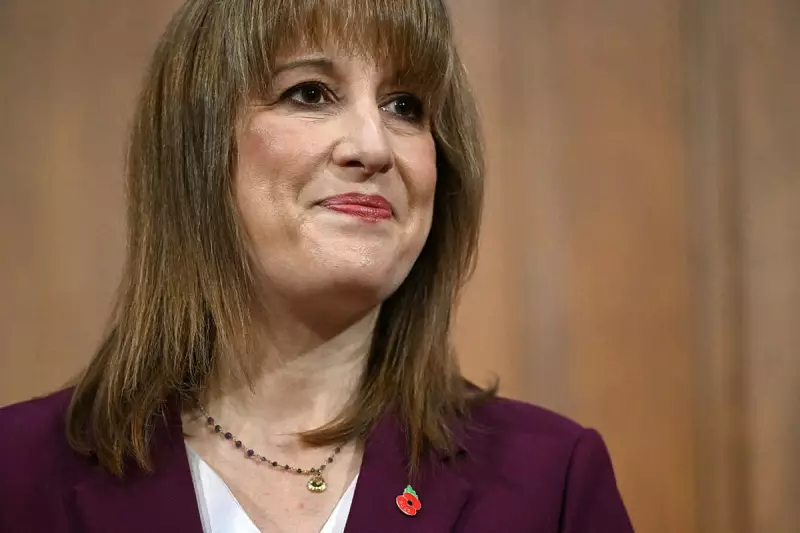
Chancellor's Bold Move on Savings
Chancellor Rachel Reeves is preparing to deliver a significant blow to savers by cutting the annual cash ISA limit from £20,000 to £12,000 in her highly anticipated Budget announcement this Wednesday. The controversial decision forms part of the government's strategy to encourage more households to invest in the UK stock market while addressing a substantial £22 billion fiscal black hole in public finances.
Behind the Budget Decision
According to sources familiar with the Budget preparations who spoke to the Financial Times, the Chancellor had initially considered an even more drastic reduction to £10,000 but settled on the higher figure following months of intense internal debate. The move comes as Treasury analysis reveals a worrying trend in British savings behaviour.
A recent cross-party Treasury select committee report highlighted that British households currently hold £360 billion in cash ISAs, demonstrating a strong preference for tax-free cash accounts over riskier stock market investments. Between the 2021-22 and 2023-24 tax years, money flowing into stocks and shares ISAs actually decreased by 9 percent, while cash ISA deposits more than doubled.
Alternative Proposals and Political Fallout
The Chancellor had explored several options to overhaul the ISA system, including a proposed 'Brit ISA' that would have mandated investors to allocate at least 20 percent of their funds into UK equities. However, this plan was abandoned following significant backlash from ISA providers who raised concerns about its complexity and potential impact on savers.
Opposition leaders have launched scathing attacks on the proposed ISA changes. Tory shadow chancellor Sir Mel Stride told the Mail: "Hardworking savers shouldn't be facing a tax raid to fund Labour's addiction to ever more welfare spending." He added that "slashing the cash ISA allowance would hit millions of responsible people trying to build financial security - especially in uncertain times."
The Budget, scheduled for Wednesday, is also expected to include other significant measures, including potential changes to the two-child benefit cap and the introduction of a new mansion tax affecting over 100,000 high-value properties across the country.





